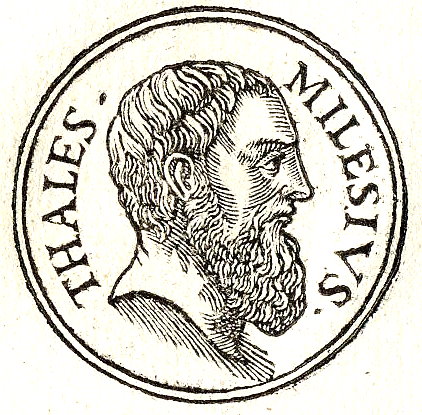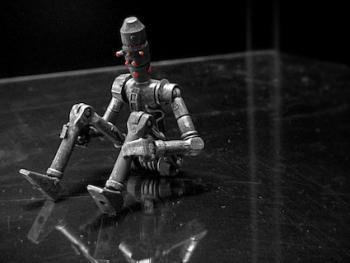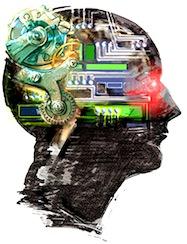For, after all, how do we know that two and two make four? Or that the force of gravity works? Or that the past is unchangeable? If both the past and the external world exist only in the mind, and if the mind itself is controllable – what then?
― George Orwell, 19841
What exists? How do we know that this exists? Metaphysics in philosophy is concerned with explaining the nature of existence, the world, and the universe. Ontology discusses the basics of “being” and how the categories of being relate to each other. Cosmology studies the origin, fundamental structure, nature, and dynamics of the universe.
In addition to considering whether reality exists, metaphysicists may study determinism and free will, the concept of identity, and religion.
There are many different ways to study metaphysics, developed over the many years since Thales of Miletus, who believed in a first cause (that he called the 'Arche') through which all things followed.

A few examples include:
- Rational versus empirical. Rationalists use a priori reasoning while Empiricists use their senses to understand the world.
- Analytical versus systemic. The systemic view believes in a unified theory of everything – that all parts can explain the whole, whereas the analytical view considers each part by itself.
- Dogmatic versus critical. Dogmatic study requires that certain concepts not be challenged, usually because of religious traditions. A critical approach allows for all topics and views to be considered on their merits alone.
Reference:
1. Orwell, G., (1949). 1984. 1st ed. London, England: Secker & Warburg.
© BrainMass Inc. brainmass.com June 30, 2024, 9:25 am ad1c9bdddf


